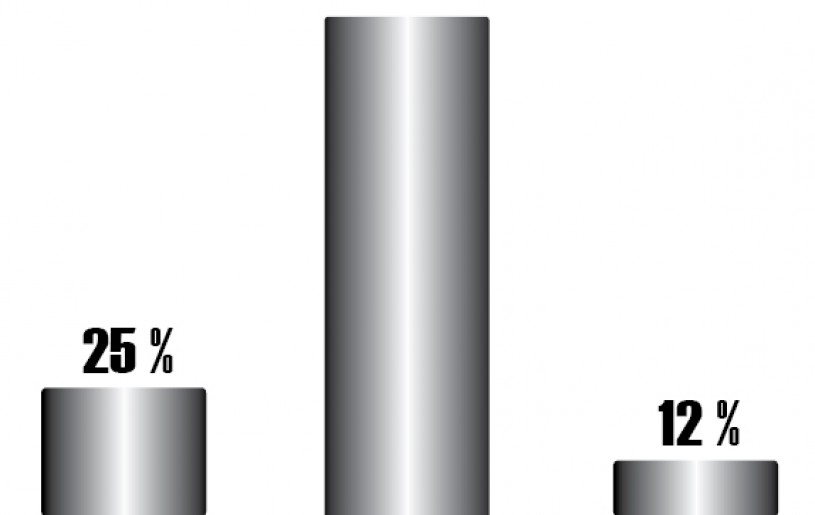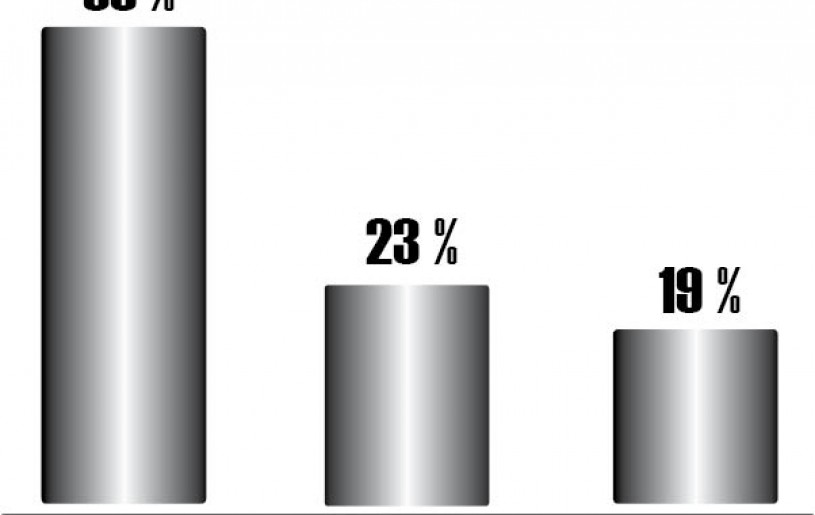
Md. Tabrej
Director, Dept. of Business Administration St. Joseph’s College, Jakhama
Ethics is a philosophical term originating from Greek word “Ethos” meaning custom or character. It is concerned with describing and prescribing moral requirements and behaviors, which suggests that there are acceptable and unacceptable ways of behaving that serve as a function of philosophical principles. Ethical behavior is defined as behavior which is morally accepted as “good” and “right” as opposed to “bad” or “wrong” in a given situation.
Ethical leaders think about long-term consequences, drawbacks and benefits of the decisions they make in the organization. They are humble, concerned for the greater good, strive for fairness, take responsibility and show respect for each individual. Ethical leaders set high ethical standards and act in accordance with them. They influence ethical values of the organization through their behaviour. Leaders serve as role models for their followers and show them the behavioural boundaries set within an organization. They are perceived as honest, trustworthy, courageous and demonstrating integrity. The more the leader “walks the talk”, by translating internalized values into action, the higher level of trust and respect he/she generates from followers.
People might think that ethics is something intimate, a confidential matter that an individual and his conscience share. How we behave, how we reach goals (as long as they are legal and legitimate), might not seem important, and some might even say that ethics has nothing to do with leadership. The truth is however just the opposite, ethics has a lot if not everything to do with leadership. Leaders’ behaviour is disseminated throughout the corporations and their behavioural standards are the crucial part of corporate culture.
Ethical leaders speak to us about our identity, what we are and what we can become, how we live and how we could live better. Being ethical is about playing fair, thinking about welfare of others and thinking about consequences of one’s actions.
Some of the characteristic behaviours of ethical and unethical leaders are shown in the table below:
| The Ethical Leader | The Unethical Leader |
| · Is humble | · Is arrogant and self-serving |
| · Is concerned for the greater good | · Excessively promotes self-interest |
| · Is honest and straight forward | · Practices deception |
| · Fulfils commitments | · Breaches agreement |
| · Strives for fairness | · Deals unfairly |
| · Takes responsibility | · Shifts blame to others |
| · Shows respect for each individual | · Diminishes others’ dignity |
| · Encourages and develops others | · Neglects follower development |
| · Serves others | · Withholds help and support |
| · Shows courage to stand up for what is right | · Lacks courage to confront unjust acts |
Can an organization be successful and competitive in the market and at the same time ethical? Akers believes that market success and ethical conduct go hand in hand: “Ethics and competitiveness are inseparable. We compete as a society. No society anywhere will compete very long or successfully with people stabbing each other in the back. In a sample of 350 large organisations in U.K. where performance was measured, there was strong indicative evidence that companies with codes of business ethics produced an above-average performance when measured against a similar group without codes (Fulmer 2004).
It has been said that good ethics is good business. Running an institution begins at the top with its leaders. Morally upstanding leaders who believe and promote good business ethics- the principles, standards, moral values and virtues that guide behavior in the business world- can have a substantial impact on an organisation, including its employees and what they achieve, as well as its stakeholders and investors. Ethical Leaders that strives to do what is right to advance the common good of employees and organisation can not only improve their business but also make a difference in community and beyond.





